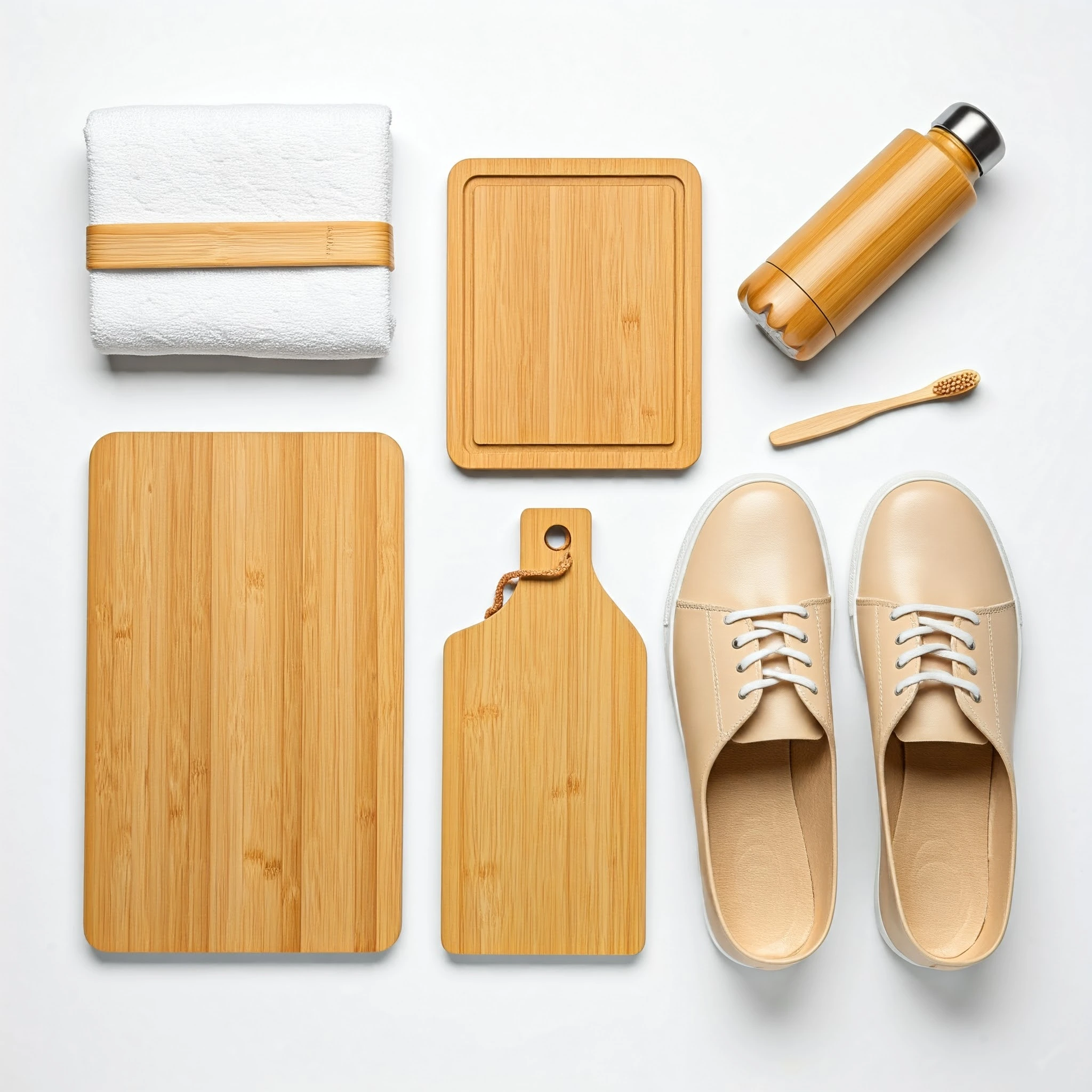Introduction:
Bamboo products have gained popularity in recent years due to their sustainability and eco-friendly properties. As consumers become more conscious of their environmental footprint, bamboo offers a versatile and renewable alternative to plastic, wood, and other conventional materials. From bamboo toothbrushes to clothing and homeware, the benefits of using bamboo products are numerous and far-reaching. Here’s why incorporating bamboo into your daily life is a smart and sustainable choice.
1. Bamboo Is a Renewable Resource:
One of the most significant benefits of bamboo is that it is highly renewable. Unlike hardwood trees, which can take decades to mature, bamboo grows incredibly fast—some species can grow up to three feet in a single day. This rapid growth means that bamboo can be harvested more frequently without depleting forests, making it an excellent sustainable material for products like furniture, flooring, and kitchenware.
2. Eco-Friendly and Biodegradable:
Bamboo is fully biodegradable, making it a much more eco-friendly option compared to plastic. When bamboo products reach the end of their life cycle, they can naturally decompose, leaving behind no harmful waste. This is a major advantage for items like bamboo toothbrushes, cutlery, and straws, which are often used in place of single-use plastic alternatives.
3. Durability and Strength:
Bamboo is incredibly strong and durable, often compared to hardwood in terms of resilience. Bamboo fibers are flexible yet sturdy, making them ideal for products that require both strength and flexibility, such as bamboo flooring or furniture. This durability ensures that bamboo products last longer, reducing the need for frequent replacements and contributing to less waste overall.
4. Bamboo Absorbs CO2:
Bamboo is an effective carbon sink, meaning it absorbs more carbon dioxide from the atmosphere than most other plants. As it grows, bamboo converts CO2 into oxygen, helping to reduce the carbon footprint. Using bamboo products supports the cultivation of more bamboo plants, which in turn contributes to climate change mitigation.
5. Low Water and Pesticide Usage:
Unlike cotton, which requires large amounts of water and pesticides to grow, bamboo thrives naturally with minimal water and no need for harmful pesticides or fertilizers. This makes bamboo a more sustainable option, especially when it comes to textiles like bamboo sheets, towels, and clothing.
6. Versatility of Bamboo Products:
Bamboo’s versatility is impressive. From kitchenware like cutting boards and utensils to personal care items like toothbrushes and hairbrushes, bamboo can replace many everyday products that are traditionally made from plastic or wood. Even bamboo fabrics, which are soft and breathable, are becoming a popular eco-friendly alternative to cotton.
Conclusion:
Incorporating bamboo products into your life is an easy way to make more sustainable choices. Bamboo is a renewable, durable, and eco-friendly material that supports the health of the planet. Whether you’re looking to reduce plastic waste or invest in long-lasting, natural products, bamboo offers a versatile and responsible option for eco-conscious consumers.

